TABLE OF CONTENTS
If you’ve ever found yourself on the market looking for a used CPU, you’ve probably run into a listing like this.
“OEM”? What does that mean? What’s the difference between an OEM product and something you get from a retailer like Amazon? Are they a scam that you should be wary of?
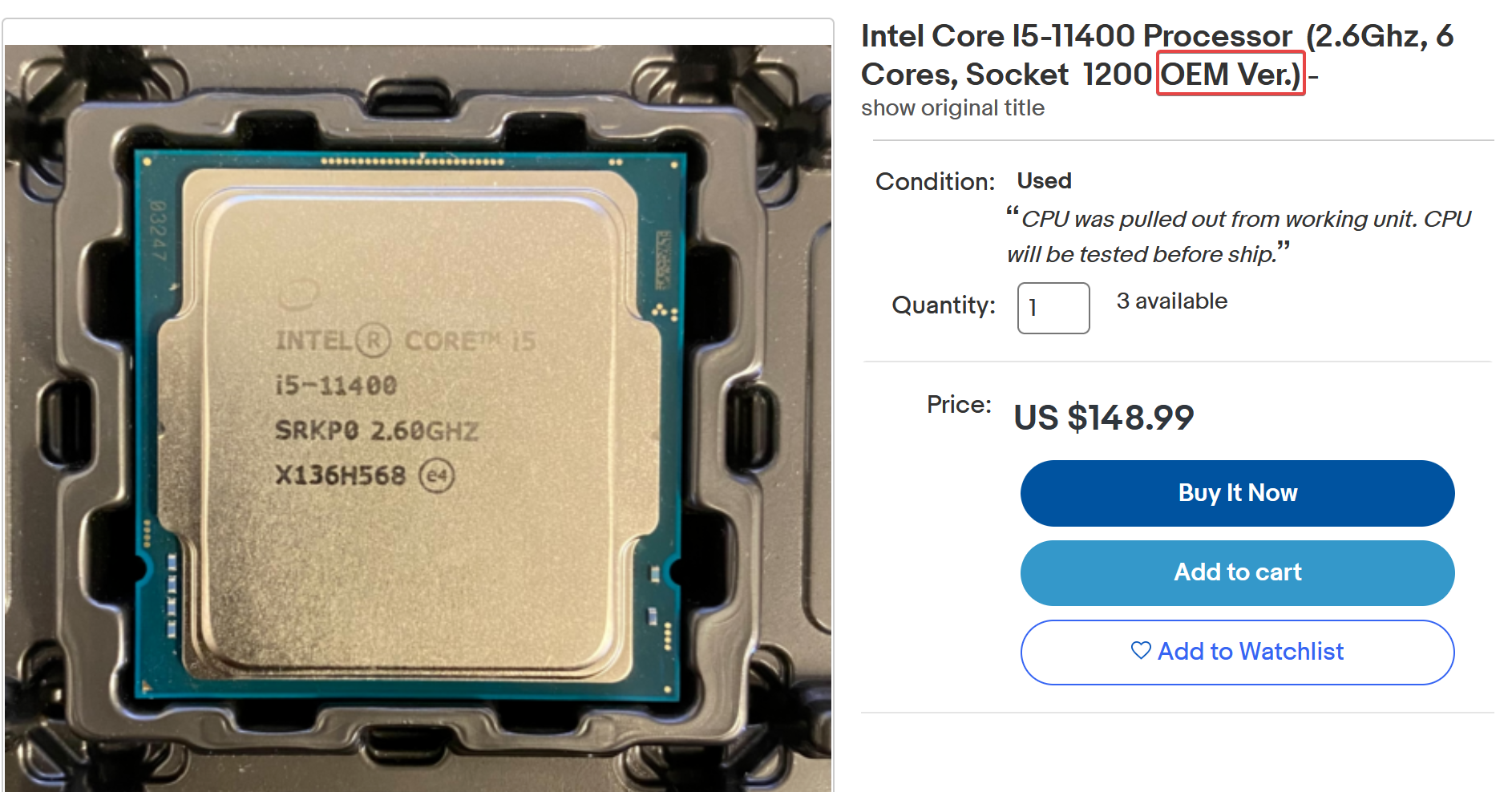
Source: eBay
Well, hold your horses. You most likely have nothing to worry about.
Just read on, and I’ll explain exactly what the difference between these two things is!
What’s a Boxed Processor?
A boxed processor is pretty much what it says on the tin. It’s a processor in a box that you can buy.
Alright, well, there’s a bit more to it, but that’s mostly it.
The main point here is the “you can buy” bit. These are the processors that you see whenever you look to buy a new processor from Amazon or go to MicroCenter or any other retailer.
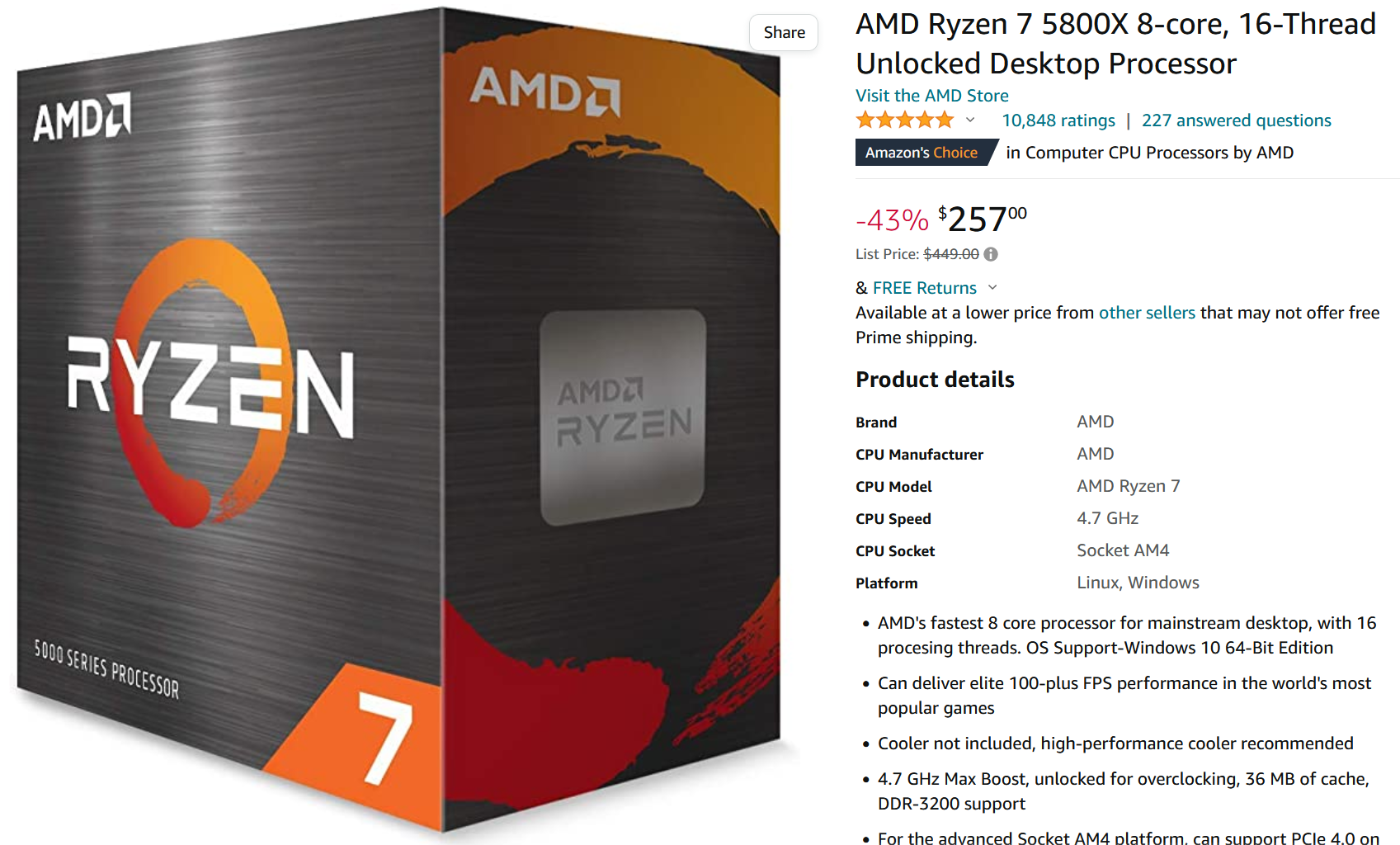
Source: Amazon
These processors generally come in a fancy box—hence the name—with cool designs and might include some goodies such as a CPU cooler and documentation—yes, for this example, “documentation” is considered a goody.
And unless you’re planning on building PCs for the entire neighborhood, these also usually get bought one piece at a time for consumer PC building projects.
Those are the only stand-out “features” of a boxed processor. Pretty simple, isn’t it?
Main Points:
- You can buy boxed processors from online or offline retail stores such as Amazon, Micro Center, Mindfactory, RP Tech, etc.
- They come in somewhat clunky boxes with illustrated designs on them.
- They might come with extra items, such as a CPU cooler and thermal paste.
- They mostly get bought by general consumers in low volumes.
- The warranty can be fulfilled directly by the CPU manufacturer
What’s a Tray (OEM) Processor?
Tray processors, or “OEM” (Original Equipment Manufacturer) processors, are processors that come in large trays—hence the name—full of hundreds of processors.

Source: Intel
Usually, the average Joe or Jill has nothing to do with these types of processors. They’re sold to and bought by large companies, specifically companies that create pre-built computers—like Dell, HP, Lenovo, etc. or Renderfarms and Datacenters that are looking to add dozens/hundreds of Servers to their racks.
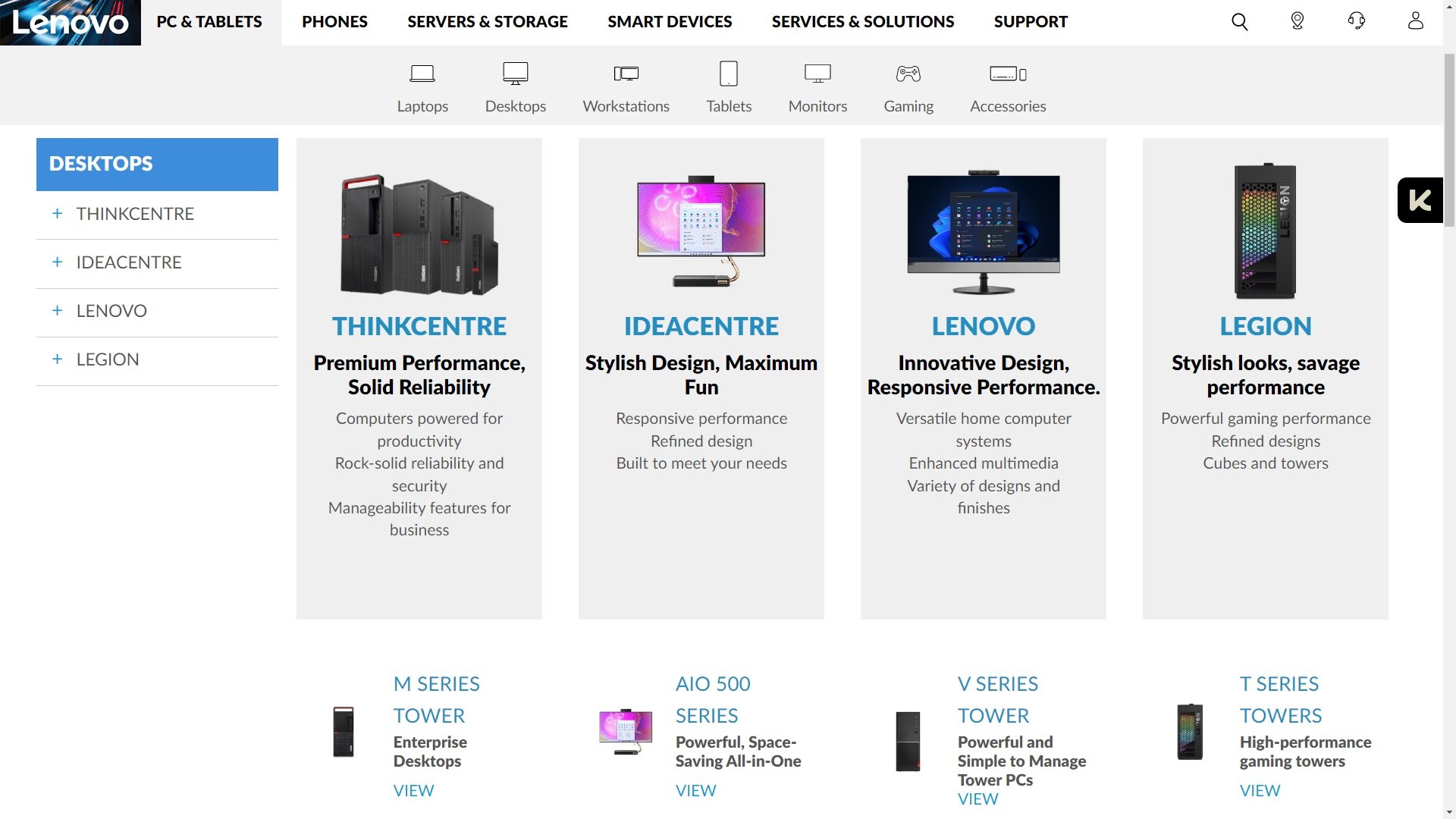
Source: Lenovo
They usually buy these processors in huge pallets, thousands at a time, for a decent bit cheaper than what we normal people pay for them when we buy boxed processors.
But, they don’t always end up using all those processors. Companies generally would rather over-order and have a little surplus than under-order.
Because of this, these sorts of processors can…”run off into the wild” and be sold second-hand on used marketplaces like eBay and the like.
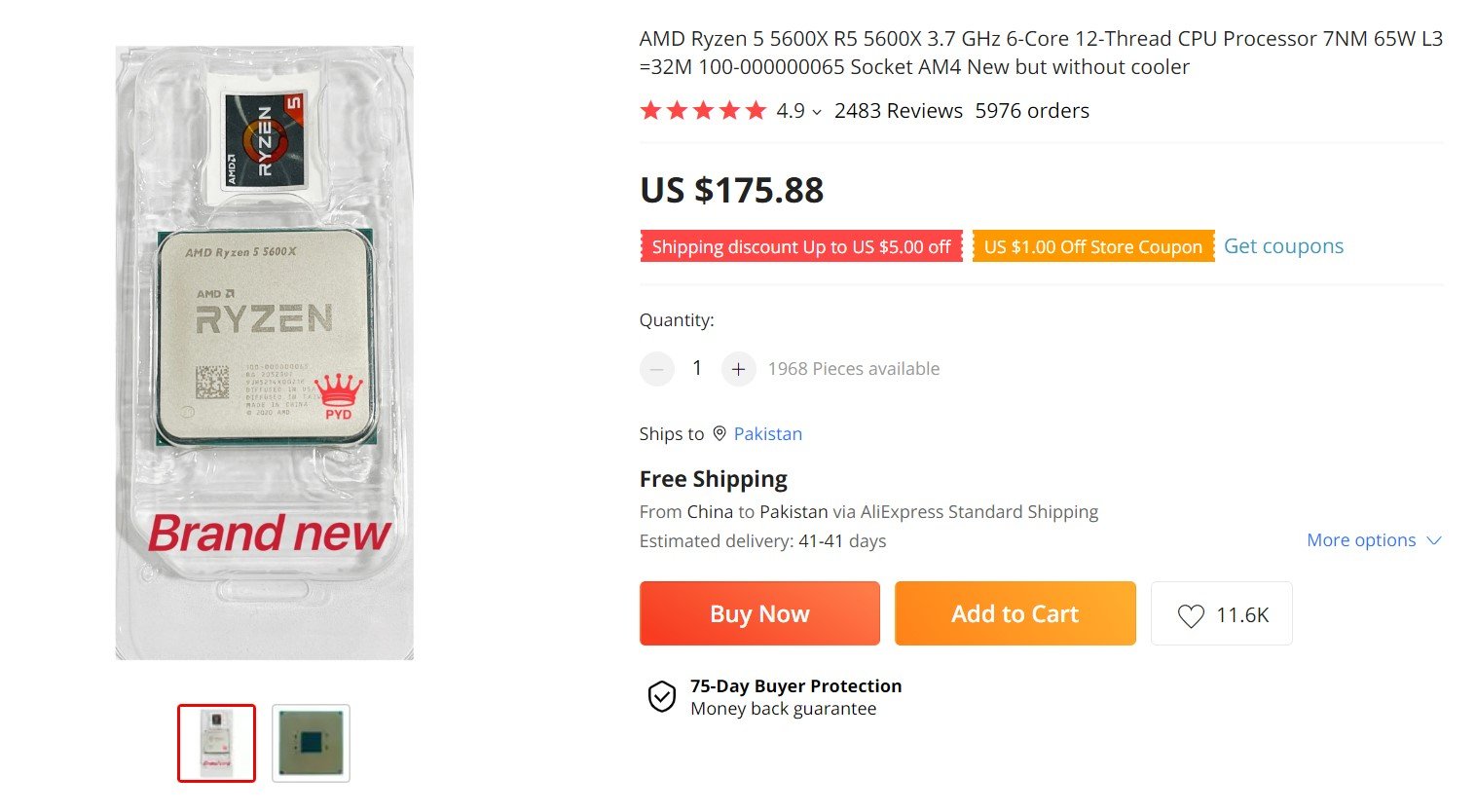
Source: Aliexpress
Are these processors stolen by employees? Are these processors being sold by the PC building companies to recoup lost revenue? Or are normal people just stripping old or unused pre-built PC hardware to make a buck off of selling half-decent CPUs?
Those are all possible ways that OEM CPUs can get on the consumer market.
It’s hard to say exactly where an OEM processor might be coming from unless the seller specifies it, but they can just as easily lie as well. You’ll have to make that moral call yourself if you plan on buying an OEM processor from an unknown seller.
Regardless of their potential ethical quandaries, the main reason that people buy OEM processors is that these processors can be cheaper than buying the boxed alternative.
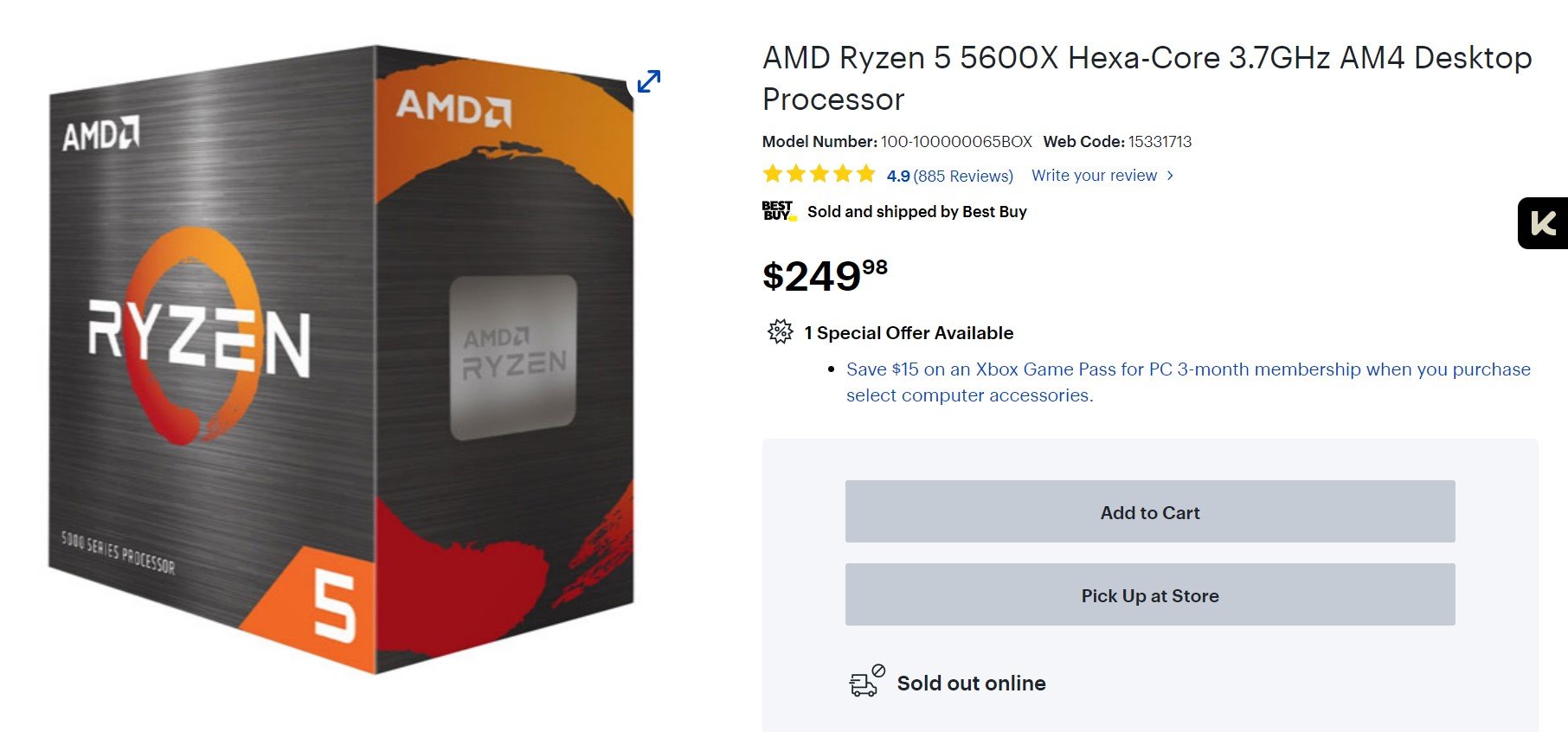
Source: Best Buy
Due to companies being able to obtain these processors for cheaper than we can get them, they can sell the processors for more than they paid for but less than the cost of a boxed, retail processor and still make back some money.
Sounds like a win-win situation, right? Well, not exactly.
For one thing, these processors almost never have any warranty and won’t come with any CPU coolers or anything of the sort.
Getting a CPU cooler is easy enough, but getting a refund or another CPU from a random seller after the CPU didn’t work probably won’t be easy.
Though, this isn’t that much of an issue if you buy from reputable sellers. Bad reviews are bad for business.
But beyond that, these processors are the same thing as boxed processors. Same performance, temps, etc.
And that’s the not-so-short gist of what a tray or OEM processor is.
Main Points:
- They’re bought in bulk by pre-built PC manufacturers directly from Intel or AMD—something that the average consumer can’t do.
- PC manufacturers can sell extra processors to recoup costs.
- These extra processors can also be stolen by individuals and sold as well.
- These processors are usually a little less expensive than their boxed counterparts.
- These processors don’t come with any warranty from Intel or AMD and aren’t sold with any useful extras such as CPU coolers.
- The warranty (if it exists at all) is fulfilled by the OEM, not the CPU manufacturer
- You might get a broken CPU and not have the ability to return it.
- These processors are the same as boxed processors in performance, temps, etc.
What Should You Get?
These days? Nine out of ten times, I say you should just get a boxed processor.
If you go back 10 to 20 years, OEM processors used to be a lot less expensive than their boxed counterparts. This means that you used to get a real bargain, and the potential risk was worth it.
But most OEM processors these days are only slightly cheaper than their boxed counterparts. At that point, it’s just better to spend a couple of extra bucks to get a CPU with a warranty and things like CPU coolers.
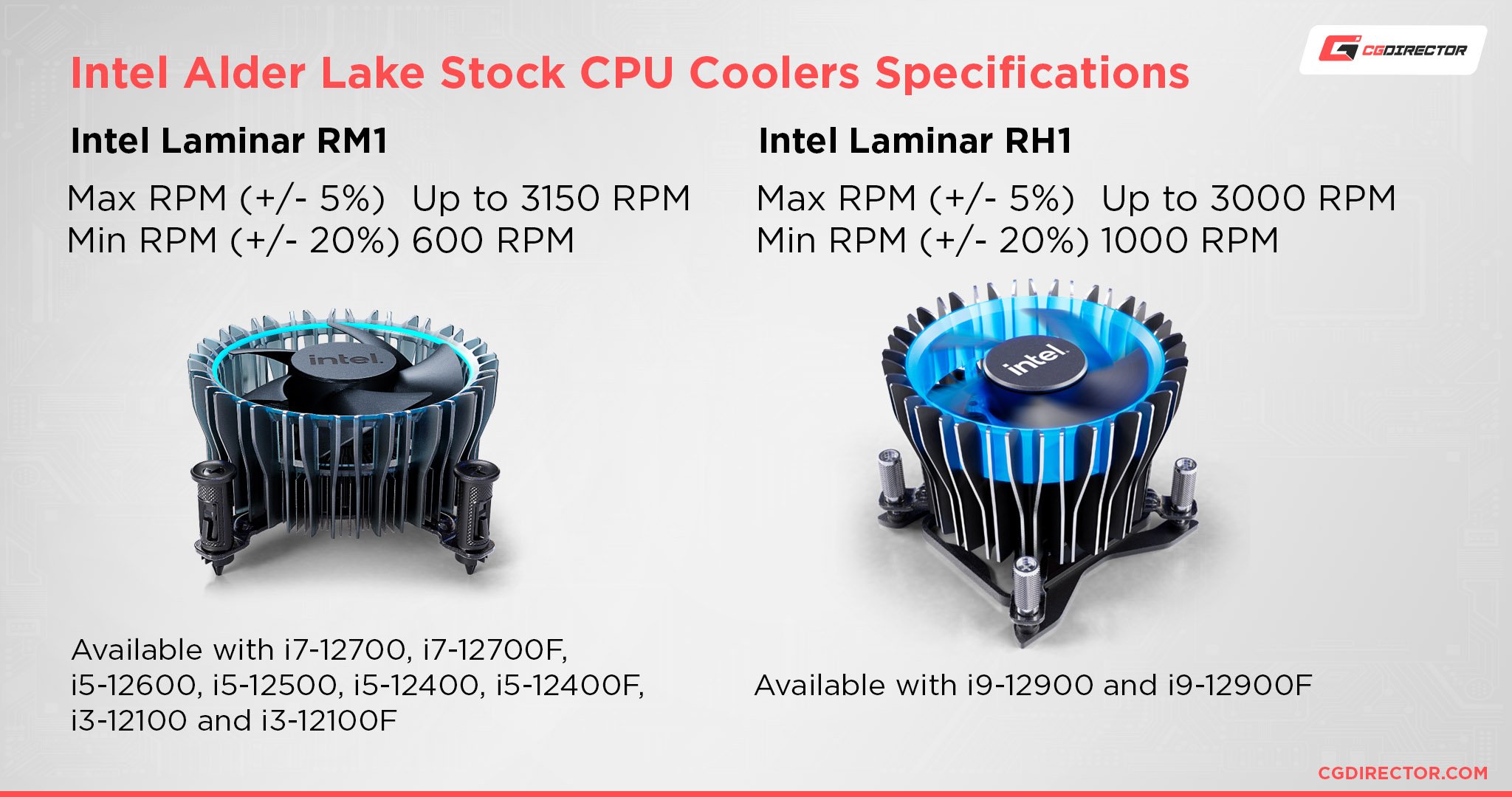
Still, if you know what you’re doing and are looking for an older CPU like a Xeon for a server build or something, second-hand OEM processors are about the only way you can get your hands on them, so it might still be worth it to you.
FAQ
Why Are Some Processors OEM Only?
There is a multitude of reasons why certain processors are OEM only.
It could be that the processor manufacturer doesn’t have enough capacity to create enough CPUs for both consumers and bulk purchases from companies.
It could be that the manufacturer just doesn’t want consumers to easily get their hands on said CPUs because they might undermine other CPUs in their line-up.
Only the manufacturers themselves could say why they’re OEM only, but I doubt they’ll easily divulge that information.
Why Are Some OEM Processors More Expensive Than Their Boxed Counterparts?
I can’t really say. Only the seller themselves really know why they would sell the CPU at that price.
Maybe they bought it around that price and really don’t want to sell it for any cheaper? You’d have to ask the person themselves for an accurate answer.
Can OEM Processors Be Trusted?
Generally, as long as you buy from reputable sellers, yes.
OEM processors are the same as boxed processors. There’s no difference internally.
So as long as they aren’t physically broken or fried in some way, they will most likely work.
The only iffy thing is that, in the event that they don’t work, you might not have any recourse with the person that sold it to you.
Over to You
Have any other questions about PC components? Feel free to ask us in the comments or our forum!
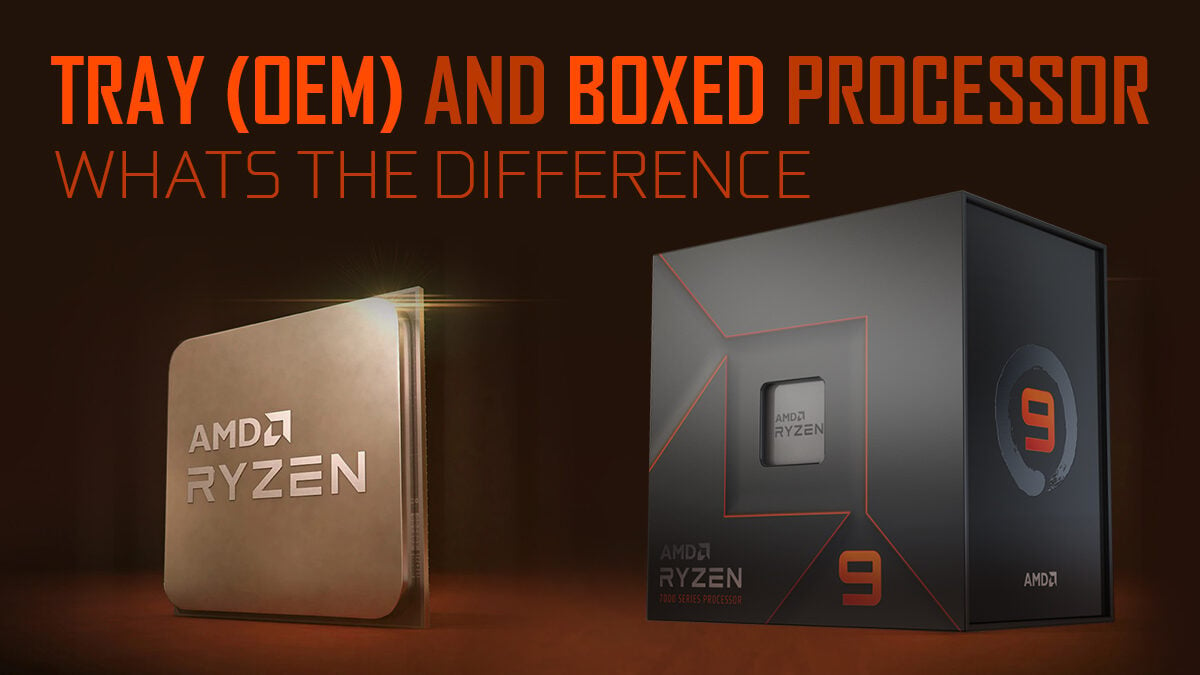
![Best CPU for Video Encoding [2024 Update] Best CPU for Video Encoding [2024 Update]](https://www.cgdirector.com/wp-content/uploads/media/2022/02/Best-CPU-For-Video-Encoding-Twitter-594x335.jpg)
![AMD Ryzen 5 vs Intel Core i5: Full Comparison [2024 Update] AMD Ryzen 5 vs Intel Core i5: Full Comparison [2024 Update]](https://www.cgdirector.com/wp-content/uploads/media/2023/10/Ryzen-5-vs-Core-i5-Full-Comparison-With-Pros-and-Cons-Twitter-594x335.jpg)
![CPUs with the highest Multi-Core Performance [Updated List] CPUs with the highest Multi-Core Performance [Updated List]](https://www.cgdirector.com/wp-content/uploads/media/2022/12/CPUs-with-high-multi-core-performance-Twitter-594x335.png)
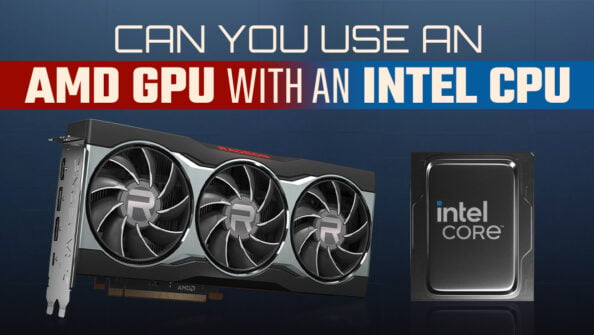

0 Comments